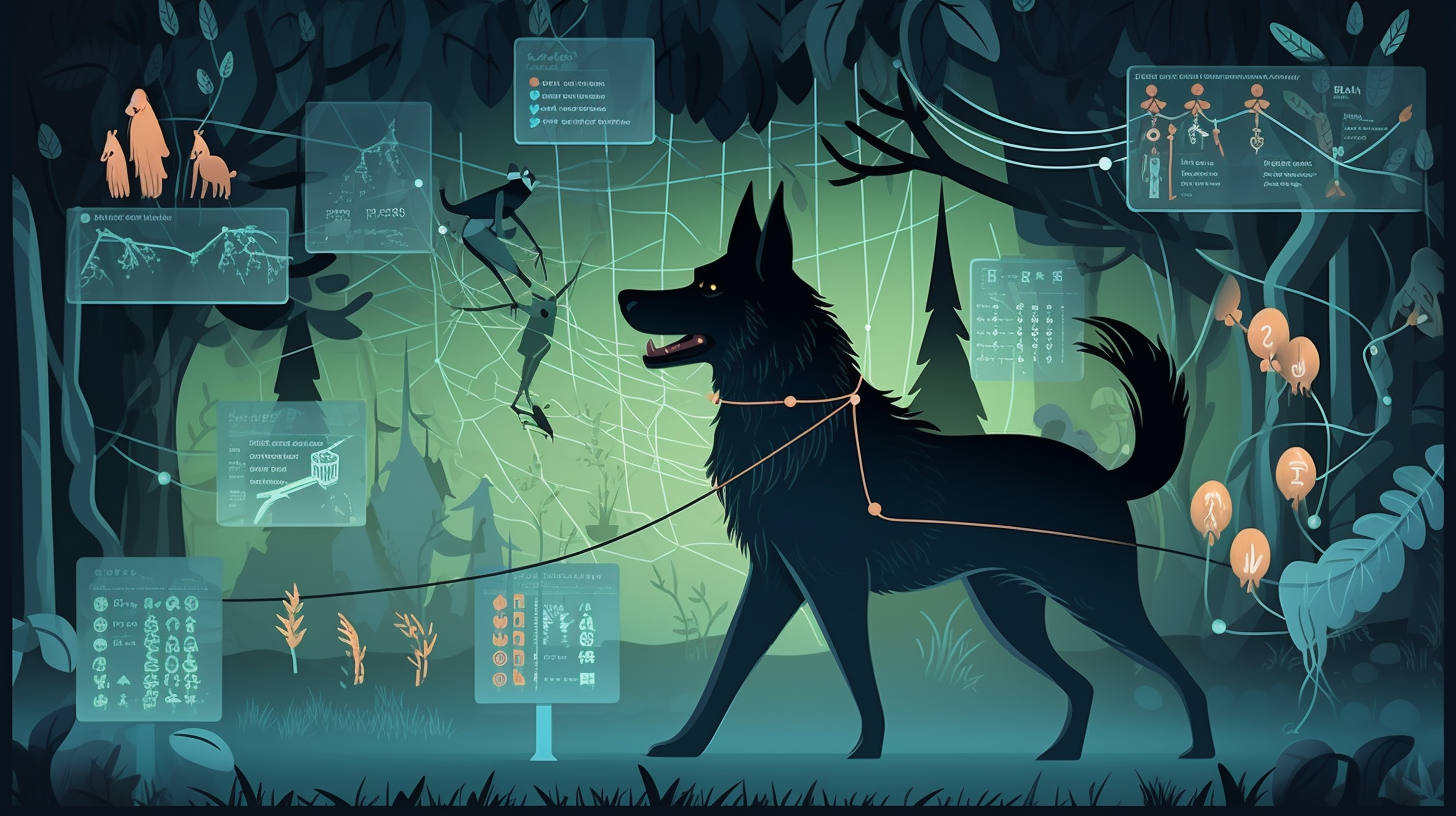Unraveling the Ball of Yarn: A Hilarious Look at Understanding Common Security Concepts on the CompTIA Network+ (N10-008) Exam

Hey there, savvy tech-savvies! Let's take a bite out of the ever-intimidating realm of network security. Buckle up for a wild ride through the landscapes of common security concepts. We're going to be dissolving the jargon into bite-sized pieces and turning the volume of the intimidation factor down a few notches. You see, although the world of network security might seem as dense as a thick forest at night, with a trusty guide (that's me!), it's more of a stroll through the park.
Unmasking the Beast: What is Network Security Anyway?
Well, to put it in the words of Shakespeare, network security's essence is "to thine own network be true." Okay, so the Bard never mentioned networks - but if he did, that’s how he would describe it. Essentially, network security is all about maintaining the integrity, availability, and confidentiality of your network and data. It's like the silent, invisible guard dog, always on the lookout for any pesky intruders or internal mischief-makers, poised to protect your network’s sanctity.
Variety is the Spice of... Threat?
Now, on to the rogues’ gallery of threats that our silent guard dog has to tackle on the daily. From malicious software like viruses and worms to insidious actors like hackers and spies, network security faces a colorful assortment of threats. Kinda like a dysfunctional superhero movie, but alas, it's our reality. But fear not! Armed with our trusty toolkit, we can face these threats with confidence and plenty of sass—if I may say so.
The Nitty-Gritty: Security Concepts
We've done a good job setting the stage. Now, shall we dive into the meat of the matter? The first tool is authentication, a means of verifying who you say you are. It's like the burly bouncer outside the club, checking IDs before letting anyone in. We got those fancy numerical and biometric options nowadays.
Next in line, we have access controls. Once inside the club, you can't just party anywhere you like, right? Similarly, in a network, not everyone should have access to everything. This is where role-based access controls play the big brother, keeping an eye out, making sure you're only where you're supposed to be.
Now, Let's Take a Comical Detour
Imagine this - you're at a high society soirée, and a cunning, creepy character decides to indulge in some nefarious activities (insert villainous laughter). That's quite similar to malicious insiders in network security. The ‘trusted’ employees who are actually wolves in sheep's clothing! They have access, they have knowledge, and boy oh boy, they have the nerve! You can't just go around throwing garlic cloves at them, hoping they're allergic to integrity like some network vampires or something.
Instead, we rely on network monitoring tools, which act sort of like those sneaky house-elves in Harry Potter - always hovering around, watching, and reporting any suspicious behavior. Good thing they don't need socks to be freed, else we'd have a lot of runaway monitoring tools!
And Back to Our Regular Programming
Jumping back into the serious pool, we come to encryption. It's like a secret language known only to those it’s meant for. Even if someone snags the data during transmission, they'll only get gibberish. They might as well be reading ancient hieroglyphics without the Rosetta Stone!
Finally, we have firewalls and IDS/IPS - essentially our frontline defense. These are like those tense border patrol movie scenes where the officers inspect everything and everyone with hawk-like eyes, ready to act at a moment's notice.
The Final Stand: Dissecting Security Protocols with Laughter
In the grand finale of virtual warfare, we come across IPSec, SSL, TLS, and more. Think of them as the secret handshakes of the digital world. They ensure that communication is secure even on hostile grounds. To wrap things up, we have security policies, a code of conduct for the network world. Policies are like parents, ensuring everyone follows the rules for the common good.
The field of network security is vast and challenging, but with a fun and engaging approach, you can master common security concepts with ease. Remember, all that glitters is not a breach, and not all those who network are lost! Now go forth, brave network knights!